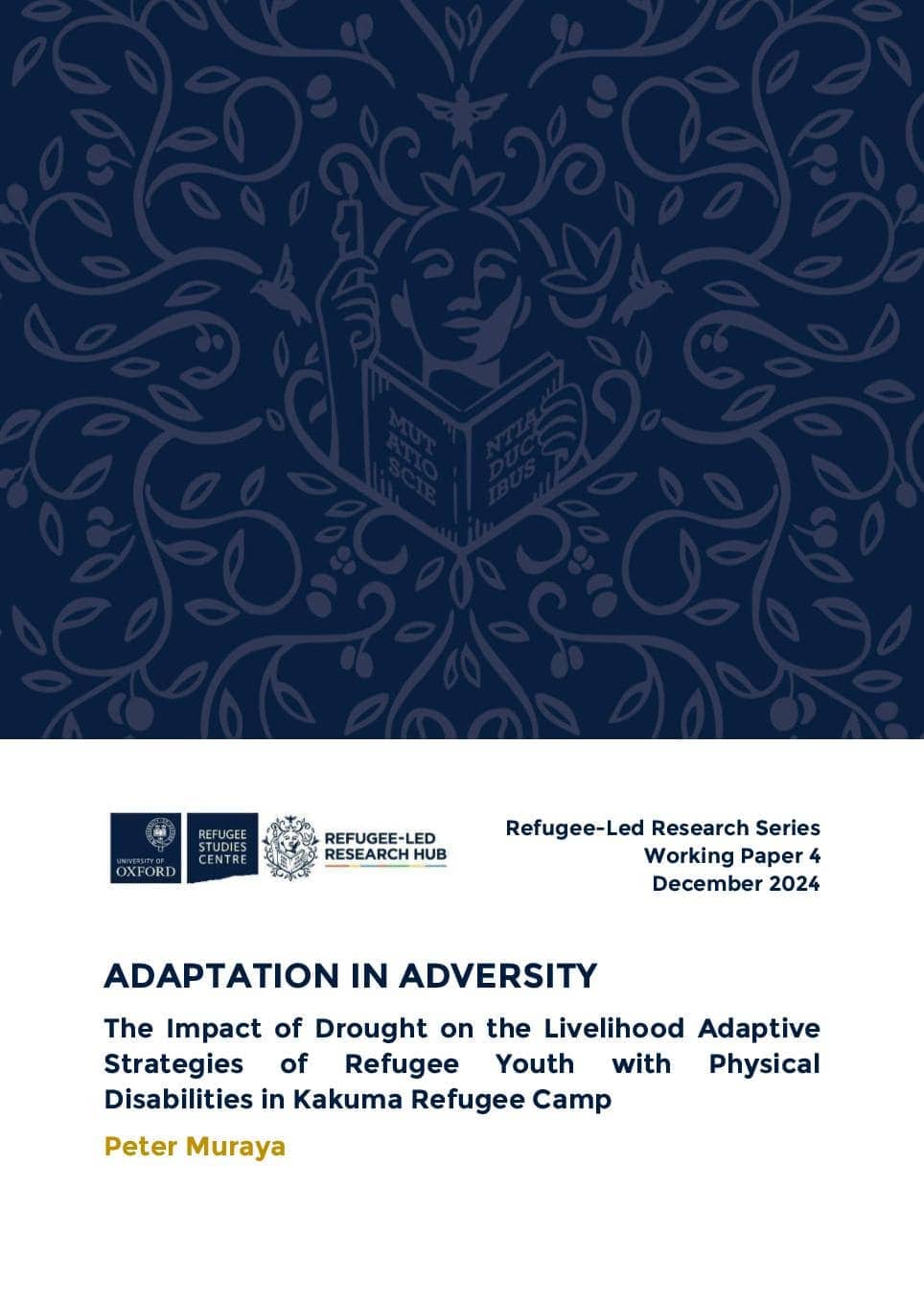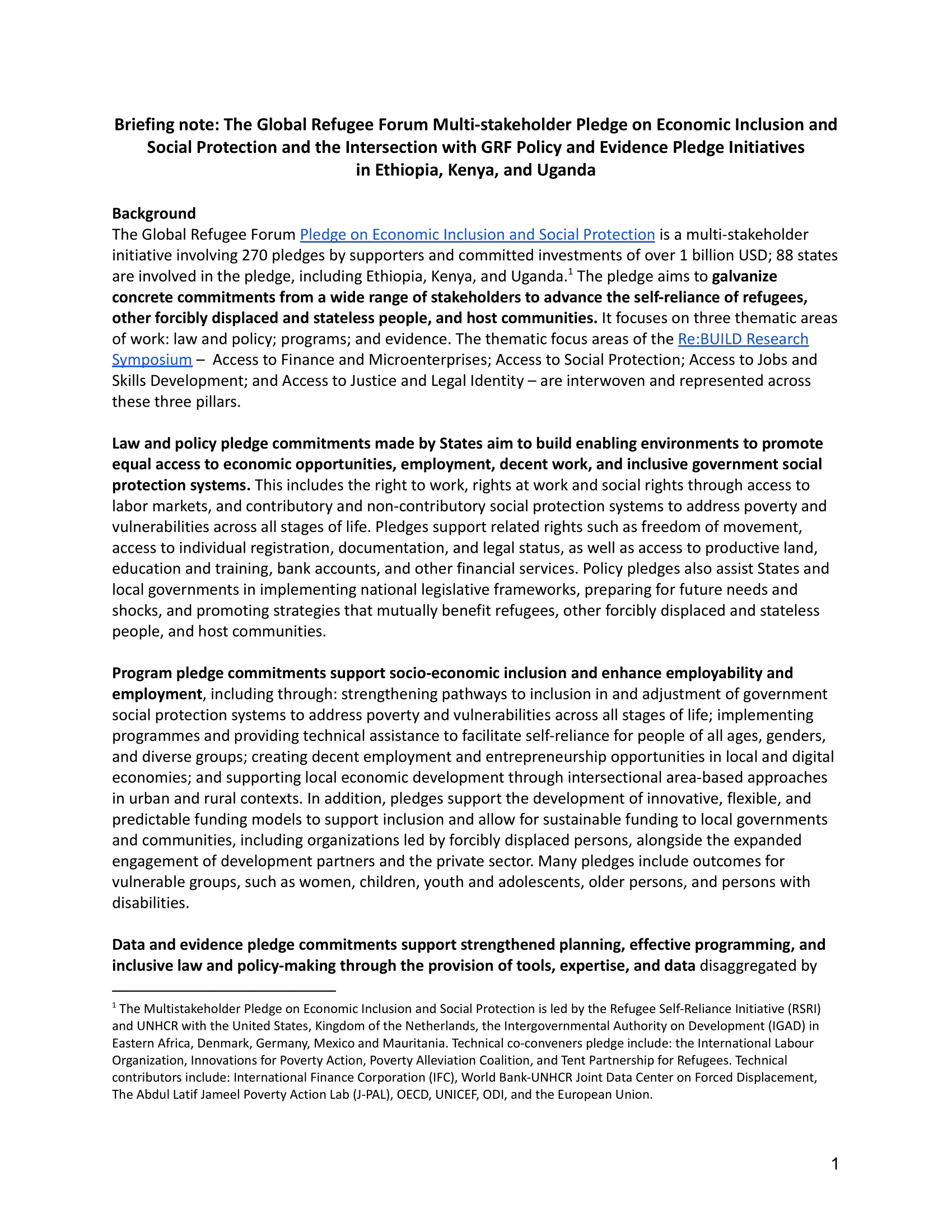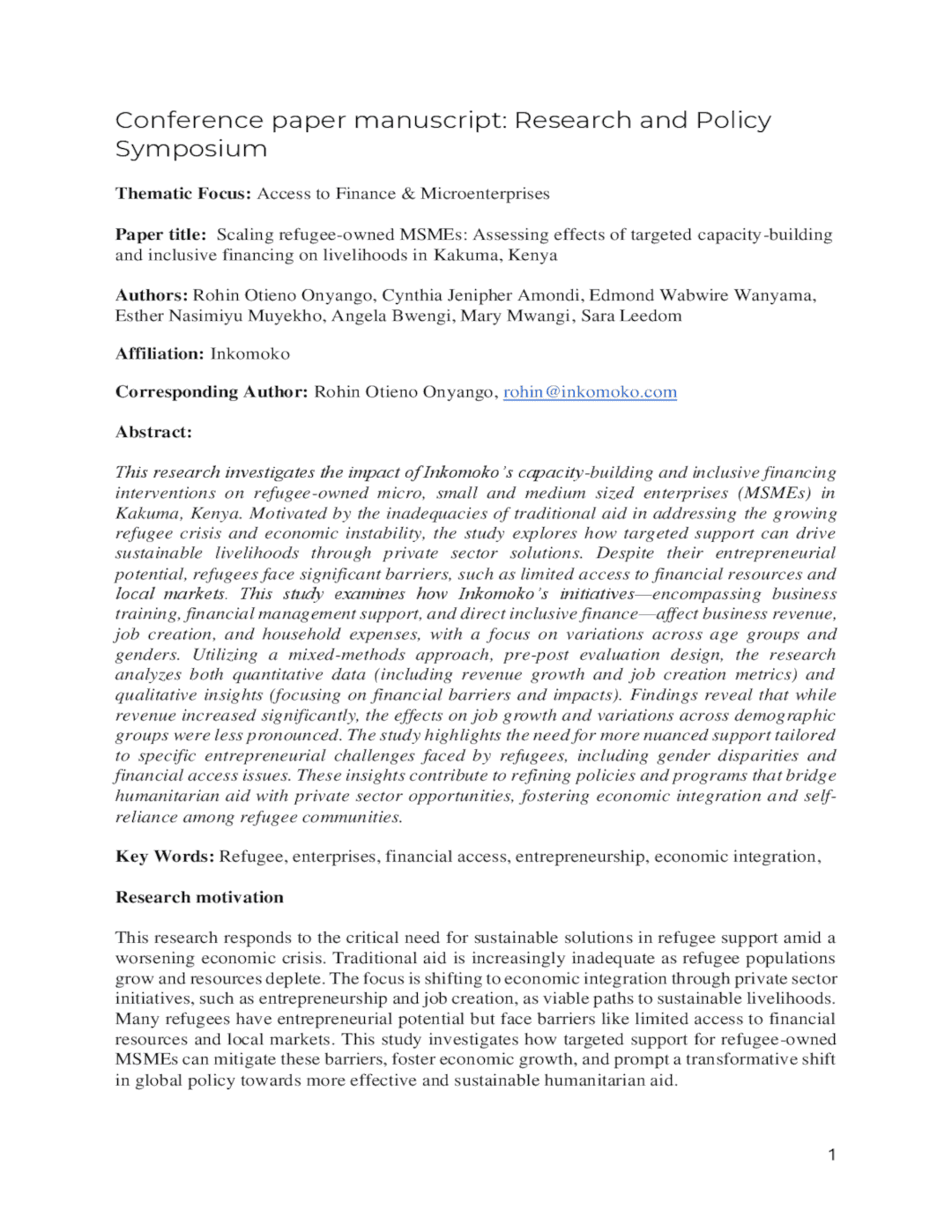Economic penalties for refugees running businesses in Nairobi - “I’d rather pay for the tea” – bribes and refugee livelihoods in Nairobi
Economic penalties for refugees running businesses in Nairobi - “I’d rather pay for the tea” – bribes and refugee livelihoods in Nairobi
In Nairobi, businesses owned by refugees are more affected by financial hardship than those owned by Kenyans. In particular, the culture of harassment, arbitrary arrest and extortion of people operating businesses in the city by inspecting officers and police affects refugees disproportionately.
Refugee businesses expect to pay bigger bribes and higher (informal) fees for release than Kenyans and purposefully reduce their own incomes to try to minimise harassment. There is a common perception that formalising refugee businesses through licencing can tackle the livelihood challenges faced by displaced people. However, evidence suggests that even licenced refugee businesses are penalised. This briefing provides insight into the challenges faced by refugees running businesses in Nairobi. It recommends not only that the business permit system be made more accessible and affordable, but also that more protective measures be introduced — such as educating the authorities on refugees’ rights in the city and having a much more nuanced discussion on informality.


